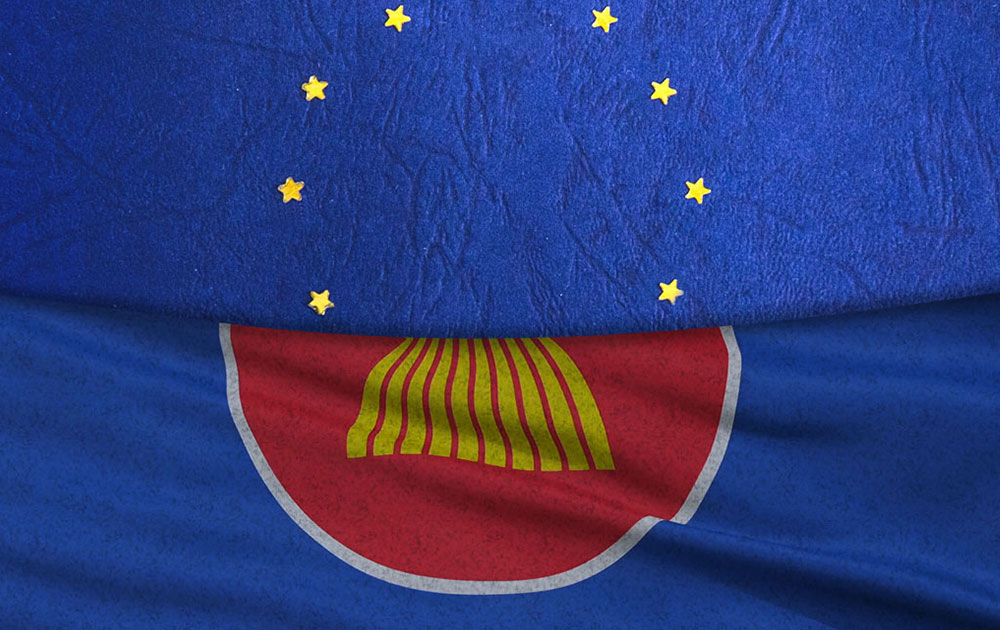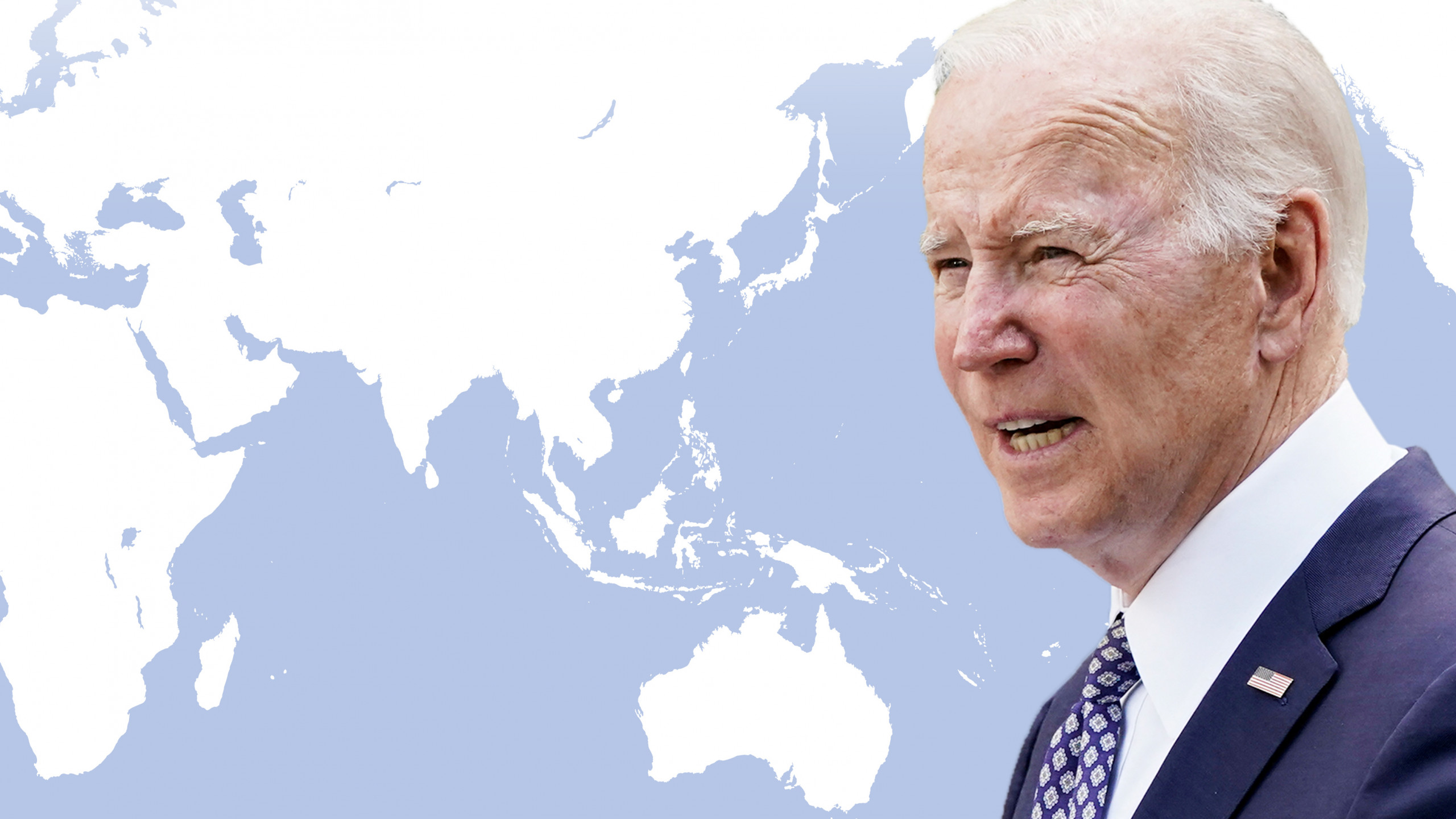Deepening cooperation between the two regions will be beneficial to address common global challenges
The EU-ASEAN partnership dates back to 1972, when the European Economic Community became ASEAN’s first formal dialogue partner. Over the past 48 years, cooperation between the two actors has notably flourished with a view to encompass ever more strategic areas and to foster dialogue on economic, political, security, and socio-cultural issues.
These topics have become increasingly important in EU-ASEAN relations. Hence, in order to address them, the two regions promoted several initiatives to enhance coordination and cooperation based on common interests and values, among which technical level meetings periodical ministerial meetings, and major events, such as the High-Level Dialogues.
Economic cooperation in particular has become relevant, as it is generating significant mutual benefits for both actors. Inter-regional trade and investment have significantly intensified in the last decades. To date, the EU is ASEAN’s second largest trading partner and ASEAN is the EU’s third largest trading partner. In 2018 the total merchandise trade was €237 billion, double the figure from 2008, while trade in services - €88.3 - was more than twice in 2017 compared to 2007. The EU remains the biggest provider of foreign direct investment in ASEAN with a value of €330 billion, based on 2017 figures. Furthermore, half of the EU cooperation funding to ASEAN for the 2014-2020 period has been allocated towards Southeast Asia’s economic integration and the ASEAN Economic Community, with specific projects aimed at promoting dialogue and cooperation in the economic and commercial domains. Singapore and Vietnam have already signed a comprehensive free trade agreement with the EU and negotiations are gradually evolving with several other ASEAN member states in view of the possible definition of a region to region EU-ASEAN commercial agreement. Despite the impact of the global pandemic, both organizations appear to be determined to continue investing in economic cooperation in order to strengthen the resilience of the global system.
On security issues, although coordination between the two actors has increased in the past years, significant progress still has to be achieved. The first relatively successful European Security and Defence Policy mission in Southeast Asia – the Aceh Monitoring Mission, focused on the peace process in Aceh, Indonesia – lacked adequate follow-up steps and wasn’t able to produce concrete results. However, the EU-ASEAN security cooperation has considerably expanded in the field of non-traditional security matters among which cybersecurity, de-radicalization, chemical, biological, radiological and nuclear threats. In this regard, the EU Chemical, Biological, Radiological and Nuclear (CBRN) Risk Mitigation Centers of Excellence initiative was set up with the purpose of strengthening coordination with partner countries, among which ASEAN members states, and reducing CBRN related risks at the national, regional and international level. For the future, a comprehensive EU-ASEAN partnership also emphasizing capacity building in security matters will be curial to enhance the interests of both actors in the Pacific region.
Moreover, the two regions are working together to improve cooperation also in other fields, among which culture, education and innovation. Indeed, EU-ASEAN cooperation aims to build societies where emphasis is given to common well-being and social welfare. Amidst several initiatives, increased emphasis was posed to higher education, as one key thematic area of EU-ASEAN cooperation. Since 2014, over 5500 students and staff from Southeast Asian universities have travelled to Europe, funded by the EU and its member states, and nearly 3000 European students and staff have worked or studied in ASEAN under the Erasmus+ program. Academic cooperation also includes the Horizon 2020 program, which supports research and innovation with collaborative projects in the ASEAN region, covering areas that include health, food, environment and nanotechnology.
As the two major regional integration projects in the world, ASEAN and the European Union appear to be natural partners, bonded by shared values and interests in enhancing peace, stability and prosperity for their citizens. Both are committed to address the emerging challenges with a multilateral approach focused on dialogue and cooperation. On January 22nd, 2019, the EU-ASEAN meeting of Foreign Ministers agreed to upgrade EU-ASEAN relations to the Strategic Partnership level, recognizing the impressive progress made in the implementation of the EU-ASEAN Plan of Action for 2018-2022. This will allow increased engagement on key regional issues as well as on the most pressing global challenges of this century, including responding to the climate emergency and the promotion of peace and security. Further effort will be needed in this delicate phase characterized by the global pandemic, in order to strengthen relations between the two regions and achieve concrete results in adjusting the globalization process to benefit as many citizens as possible while respecting the environment and protecting the most vulnerable.
By Ngoc lien Tran






